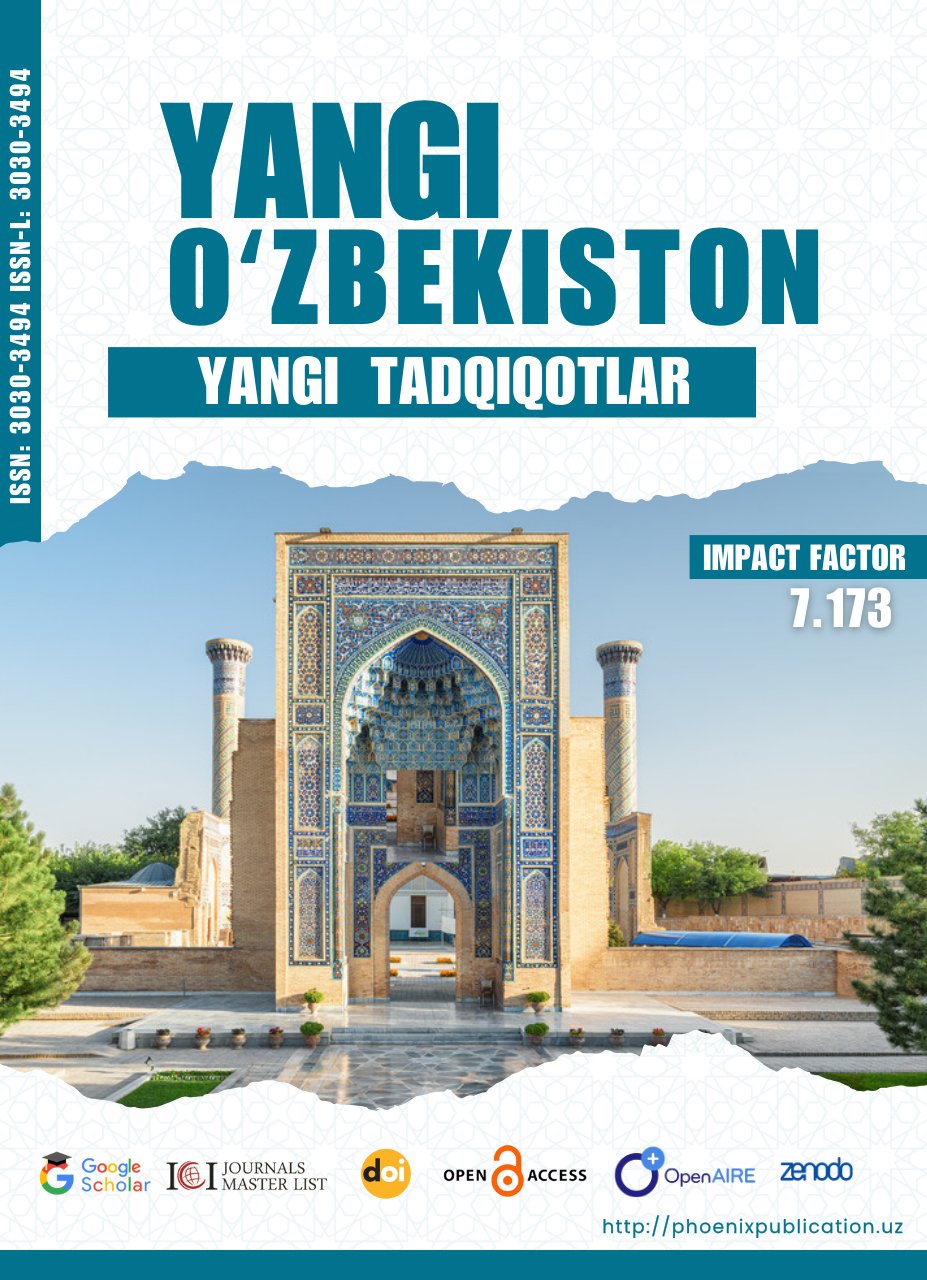Abstract
This article investigates how blockchain technology is revolutionizing financial inclusion efforts in emerging markets. It examines how decentralized financial systems (DeFi), digital identity solutions, and blockchain-based payment systems are expanding access to financial services for unbanked and underbanked populations. Drawing on case studies from Kenya, India, and the Philippines, and referencing global institutions such as the World Bank and the International Monetary Fund, the paper highlights both the transformative potential and key limitations of blockchain in achieving inclusive finance. It offers recommendations for governments, NGOs, and Fintech companies on scalable blockchain adoption models that address infrastructural, legal, and educational challenges.
References
1. World Bank (2022). Global Findex Database.
2. IMF (2023). Financial Technology and the Future of Development.
3. Chainalysis (2024). Global Crypto Adoption Index.
4. World Economic Forum (2023). Blockchain for Social Impact.
5. OECD Blockchain Policy Centre (2023). Digital Identity in Developing Economies.
6. ConsenSys (2023). Blockchain Use Cases for Financial Inclusion.
7. Celo Foundation (2024). Mobile-First DeFi Solutions.
8. BitPesa / AZA Finance (2023). Blockchain in African Payments.
9. Grassroots Economics (2023). Community Currencies on Blockchain.
10. Blockchain for Humanity (2023). Ethereum-Based Aid Distribution in Conflict Zones.
